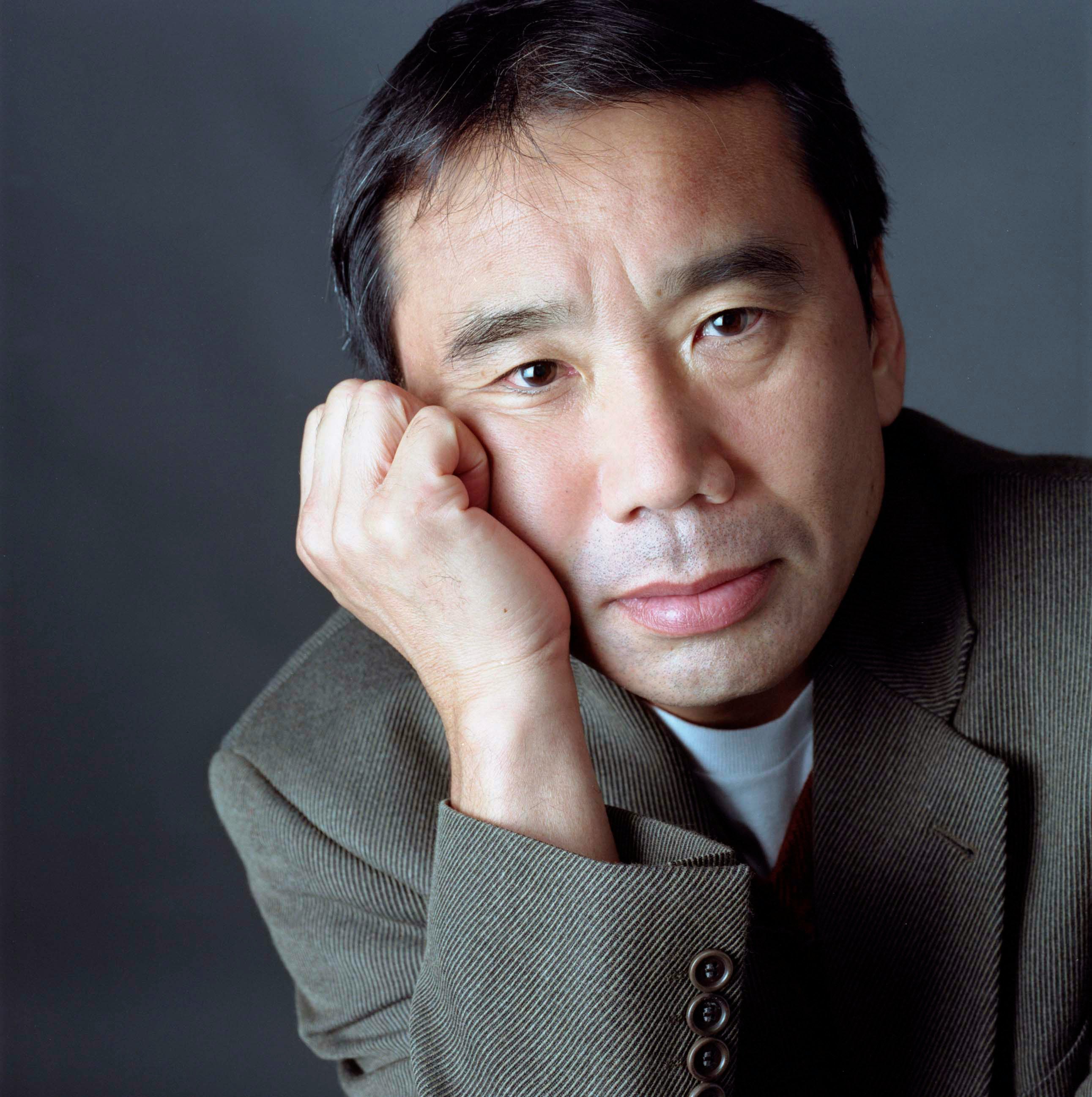

So Colorless Tsukuru Tazaki And His Years Of Pilgrimage is long - too long - and is simply not a good book in its duration. Its biggest weakness, by far, is its over-reliance on a group of 5 high school friends to both form the narrative, as well as the narrative’s purported reason. On the negative side, however, some of his novels go on too long, have many pointless details (the taste of coffee and croissants lots and lots of ‘characterizing’ description, yet without the interaction to make it real), half-assed attempts at philosophy ( Chronicle’s opening: “When the phone rang I was in the kitchen, boiling a potful of spaghetti and whistling along to an FM broadcast of the overture to Rossini’s The Thieving Magpie, which has to be the perfect music for cooking pasta”), and other flaws that, had they simply been concentrated into a far shorter burst, via a story or novella, would naturally trim Murakami’s worst tendencies, and force him into a poesy that more often comes out in Murakami’s structure and juxtapostions, rather than any innate feature of the prose itself. Some of his situations are innately interesting (fantastical plot-points in The Wind-Up Bird Chronicle the melding of waking and dream in Kafka On The Shore), and he doesn’t necessarily go with the most obvious trajectory.

This is because, on the plus side, he attempts philosophy, and sometimes even poesy he tries to get to the bottom of this or that idea, and, more importantly, see how characters might live this idea out, in real-time, which is really the difference between philosophy and art. That said, Haruki Murakami is one of those writers I’d suspect to be better in his short stories than long novels, and his latest book (quite the best-seller, today) is no exception.

This is true of books, film, and even Japanese anime, wherein shows like Neon Genesis Evangelion and Cowboy Bebop, while delivered by solid/good directors who simply never grew up, have enough moments of poesy to keep things interesting and fresh, despite such films’ more obvious lacks. No, this does not necessarily mean that it’s always better, but merely that, if you look at the subject matter, it aims a lot higher, and either succeeds, or fails, but fails nobly. Compared to the West - at least in the past century or so - Japanese art has always struck me as a little more mature. Haruki Murakami’s Colorless Tsukuru Tazaki And His Years Of Pilgrimage just doesn’t work.Īlthough I’d read a number of Japanese novels as a kid, I only became interested in Japanese literature in earnest via Jessica Schneider, who’s reviewed a number of Japanese classics for PopMatters, and elsewhere.


 0 kommentar(er)
0 kommentar(er)
